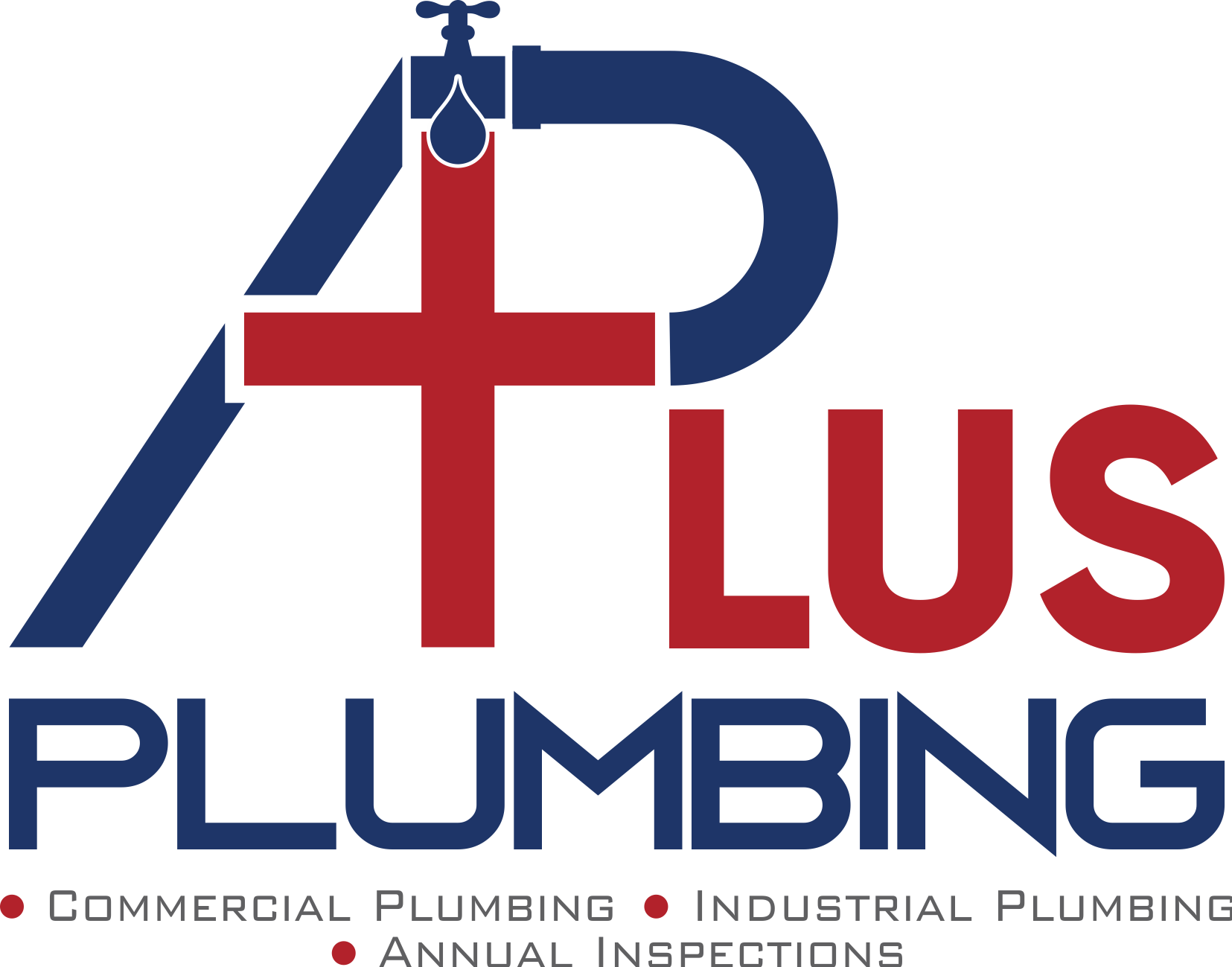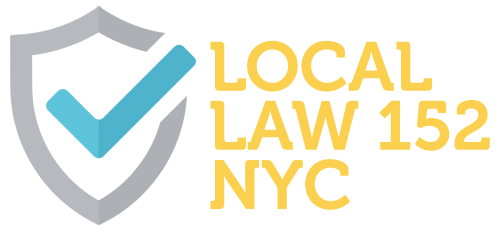As Phase 1 of the implementation of Local Law 152 is in its final months, the New York City Department of Buildings is seeking to crack down on buildings not yet in compliance with the new law.
Local Law 152 of 2016 In A Nutshell
Local Law 152 of 2016 was passed by the New York City Council in 2016 as part of an overall gas safety package, which looks to affect some 280,000 buildings across the five Boroughs. At its passing, Local Law 152 was scheduled to have its phasing plan take full effect in early 2020; buildings in Community Districts 1, 3, and 10 in all five Boroughs are to have had their inspection certification filed no later than December 31, 2020, with their window of opportunity first opening in January of this year. Buildings in Districts 2, 5, 7, 13, and 18 in all Boroughs are to have their inspections completed no later than December 31, 2021, with Districts 4, 6, 8, 9, and 16 having their deadline one year later, and Districts 11, 12, 14, 15, and 17 the following year, with all 280,000 buildings affected by Local Law 152 expected to have their Gas Piping System Periodic Inspection Certification (form GPS2) filed by the close of business on December 31, 2023.
Unlike Local Law 196 of 2017 – the other major construction and building-related law to go into effect starting this decade – Local Law 152 did not have its phasing implementation timeline extended to accommodate the quarantine working conditions in New York City amidst the COVID-19 crisis. Though the DOB has yet to release an official statement, it is believed that the effects of COVID-19 on construction did not directly impede standard operating procedure for buildings enough to justify an extension or postponement on the implementation of Local Law 152.
What Does A Local Law 152 Inspection Consist Of?
Local Law 152 states that all buildings, except those classified in occupancy group R-3 (residential structures with two or fewer dwellings), must have their gas service piping inspected for safety inadequacies; especially those that are causing or may cause any leaking gas. This inspection is called a Gas Piping System Periodic Inspection, and not only requires a Licensed Master Plumber (LMP) to complete, but that LMP must also have completed a 7-hour DOB-authorized class on the inspection of gas piping. These inspections may also involve the use of Combustible Gas Detection Devices – or CGI’s – to help complete the inspection accurately. These inspections must be completed, with an Inspection Certification (form GPS2) submitted, every four years.
Simply put, all gas piping throughout more than 200,000 buildings across New York City must now be inspected by a fully-authorized Licensed Master Plumber every four years, with leaks of any kind throughout the entire system being a key focus of the inspections.
How Do I know If My Building Is Included In Local Law 152?
The New York City Department of Planning has a very useful tool called Community District Profiles, which allows you to not only search all five Boroughs for various building types, but to also enter a specific address and get all necessary information on it, including it’s occupancy group. (Link: NYC Planning | Community Profiles)
The Penalties For Non-Compliance With Local Law 152 & How To Avoid Them
The Department of Buildings is not taking non-compliance with Local Law 152, with plans to issue civil penalties in the amount of $10,000 to building owners who do not submit an Inspection Certification by the final day of phase scheduling for their respective District. Due to the extreme monetary losses suffered by the government of New York City throughout the COVID-19 crisis, it can be inferred the city will waste no time sending out these significant fines to non-compliant owners; as-in mailing services of process as soon as Friday, January 1, 2021. It has been alleged by sources close to the Department of Finance that the city is relying on some sort of rate of Local Law 152 non-compliance, in addition to other various DOB-related non-compliance – to stipend funding for the city through 2021, which looks to see spending of some $88.2 billion by the city throughout all of next year. (Link: CBC NYC FY2021 Adopted Budget)
To avoid this, it is highly recommended building owners and homeowners alike seek out their particular districts, as well as the occupancy group their buildings and homes are apart of, and determine whether or not they are required to comply with Local Law 152. Once that determination has been made, it is recommended that the owners in question get their Local Law 152 inspection done immediately, even if there is still time left until their inspection period has begun. It’s just like any law or regulation implemented by the government of NYC in phases; the owners who wait until the last minute suffer, because the city is relying on those owners for revenue via fines and penalties.


3 Comments
Alisha Williams
Thank you so much for all the technical help! If it wasn’t for you, we would have lost our beautiful house
Kylie Jefferson
The service is fast and effective – just like it should be in an emergency case!
John Howard
We appreciate your feedback!